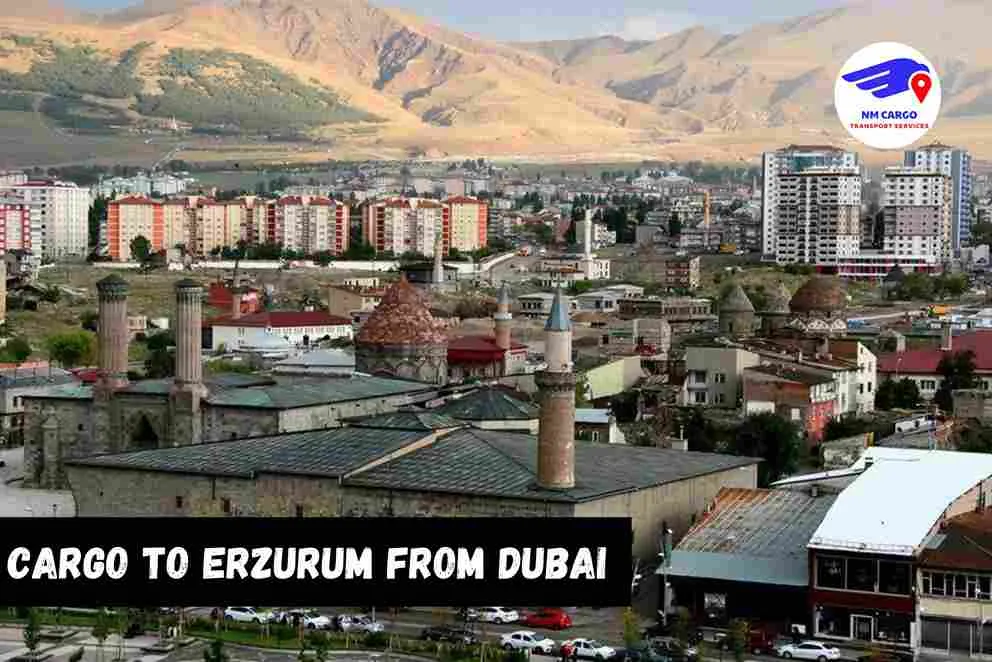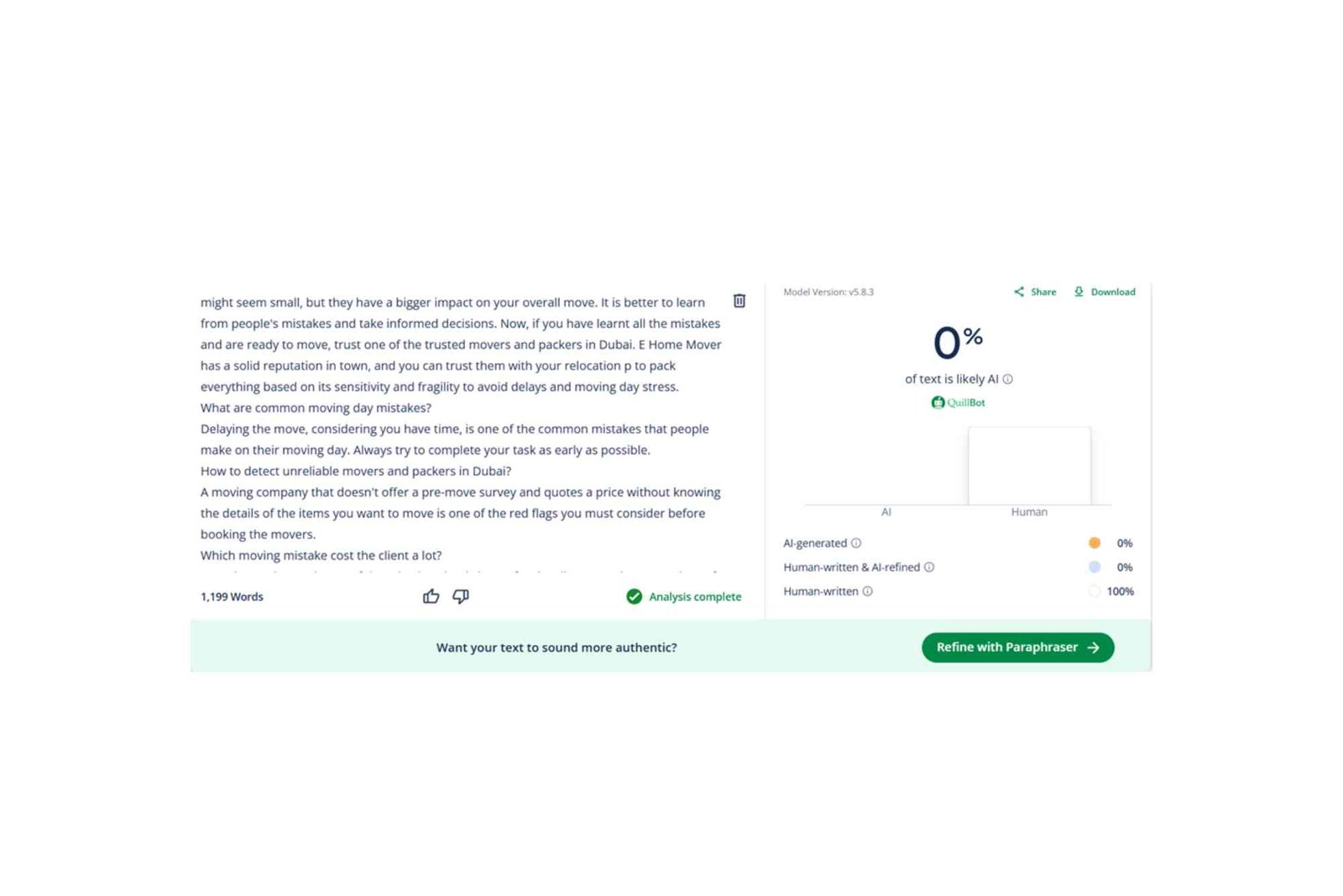When it comes to international logistics, the route from Dubai to Izmir is a crucial corridor for businesses and individuals alike. Whether you’re exporting goods or moving personal belongings, understanding the intricacies of cargo transport from Dubai to Izmir can make a significant difference. This article provides an in-depth look into the process, challenges, and best practices for shipping cargo between these two vibrant cities.
Overview of the Route
Dubai: A Hub of International Trade
Dubai, known for its strategic location and world-class infrastructure, serves as a major global trading hub. Its ports and airports handle a substantial volume of cargo, making it an ideal starting point for international shipments. The city’s logistics network is well-equipped to manage a wide range of cargo, from industrial machinery to personal items.
Izmir: Turkey’s Aegean Gem
Izmir, located on Turkey’s western coast along the Aegean Sea, is a key economic center with a growing industrial base. The city’s port is one of Turkey’s busiest, facilitating a diverse range of imports and exports. Its strategic position near Europe and the Middle East further enhances its role as a logistics hub.
Types of Cargo
Commercial Cargo
Commercial shipments from Dubai to Izmir typically involve bulk goods, machinery, electronics, and consumer products. Businesses use this route to import goods for resale or to supply components for manufacturing. Ensuring timely and secure delivery is crucial for maintaining business operations and customer satisfaction.
Personal Belongings
For individuals relocating to Izmir or sending personal items, the cargo might include household goods, vehicles, or personal effects. Relocation services offer tailored solutions to handle these shipments, ensuring that belongings are packed, transported, and delivered with care.

Payplus Card Balance Check Online
Easily manage your finances with the Payplus Card Balance Check Online feature. This convenient service allows you to view your card balance anytime, ensuring better financial control. Whether you’re tracking expenses or verifying your available funds, online balance checks save time and eliminate hassle. Access the service through your preferred device and stay updated with just a few clicks. Try it today and simplify your financial routine!
Shipping Methods
Sea Freight
Sea freight is a common method for transporting large volumes of cargo between Dubai and Izmir. The journey typically involves:
- Booking and Documentation: The process begins with booking space on a cargo ship and preparing the necessary documentation, including bills of lading and customs declarations.
- Loading and Transport: Cargo is loaded onto container ships at Dubai’s port and transported across the Mediterranean Sea.
- Unloading and Customs Clearance: Upon arrival at Izmir Port, the cargo undergoes customs clearance before being delivered to its final destination.
Air Freight
For time-sensitive shipments, air freight offers a faster alternative. The process involves:
- Booking and Documentation: Similar to sea freight, air freight requires booking space with an airline and preparing shipping documents.
- Handling and Transport: Cargo is transported via air cargo services, with faster transit times compared to sea freight.
- Delivery and Clearance: After landing at Izmir’s Adnan Menderes Airport, the cargo undergoes customs clearance before delivery.
Customs and Regulations
Dubai Export Regulations
Exporting cargo from Dubai requires compliance with various regulations, including:
- Export Documentation: Essential documents include the export declaration, commercial invoice, and certificate of origin.
- Customs Procedures: Goods must be inspected and cleared by Dubai Customs before departure.
Turkey Import Regulations
Upon arrival in Izmir, the cargo must adhere to Turkish import regulations:
- Import Documentation: Key documents include the import declaration, commercial invoice, and proof of payment.
- Customs Duties and Taxes: Depending on the type of cargo, import duties and taxes may apply. It’s important to ensure all duties are paid to avoid delays.
Shipping cargo from Dubai to Izmir involves a range of considerations, from choosing the right transport method to navigating customs regulations. By understanding the process and preparing accordingly, businesses and individuals can ensure a smooth and efficient shipping experience. Whether you’re moving goods or personal belongings, attention to detail and planning are key to successful cargo management.





